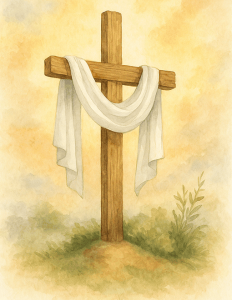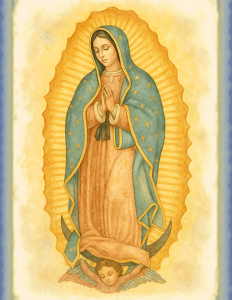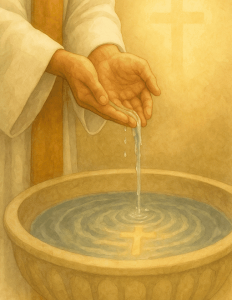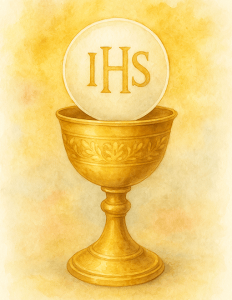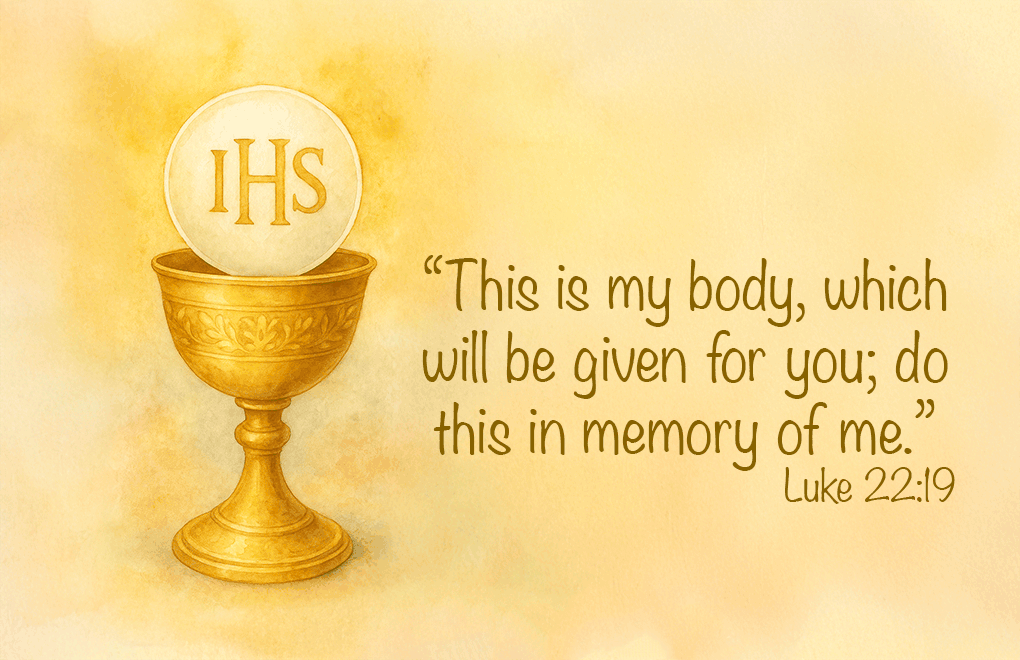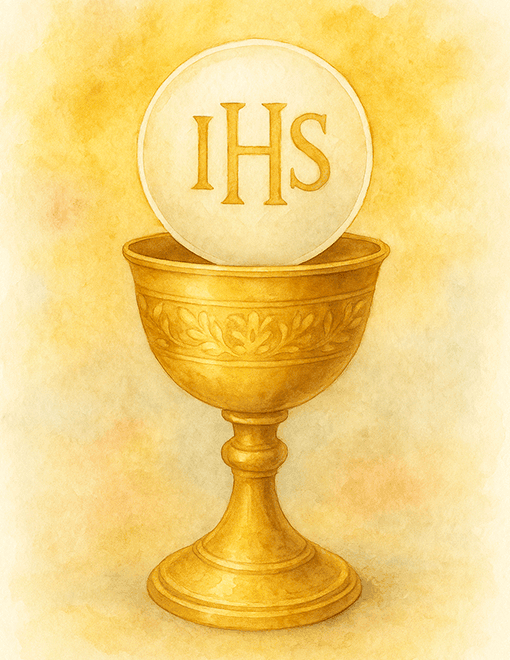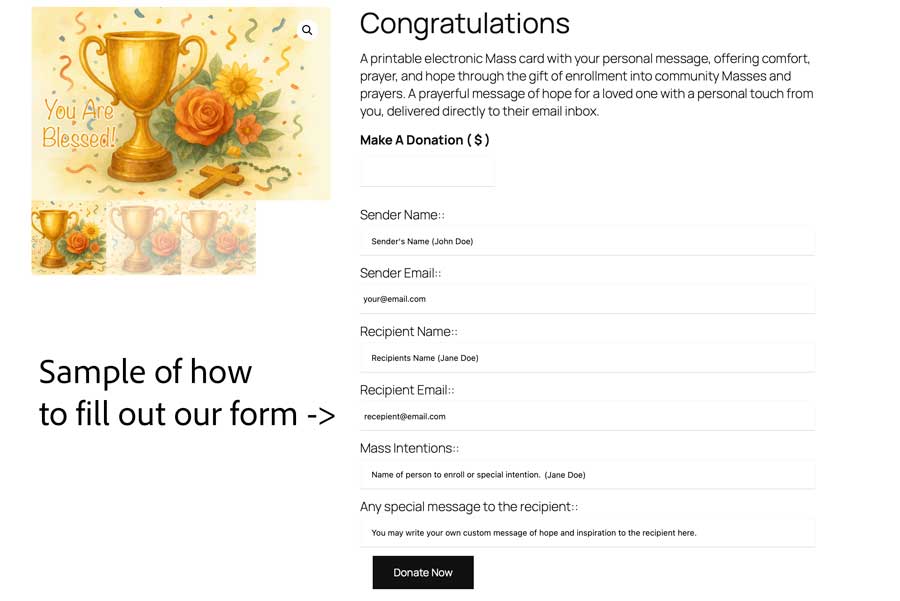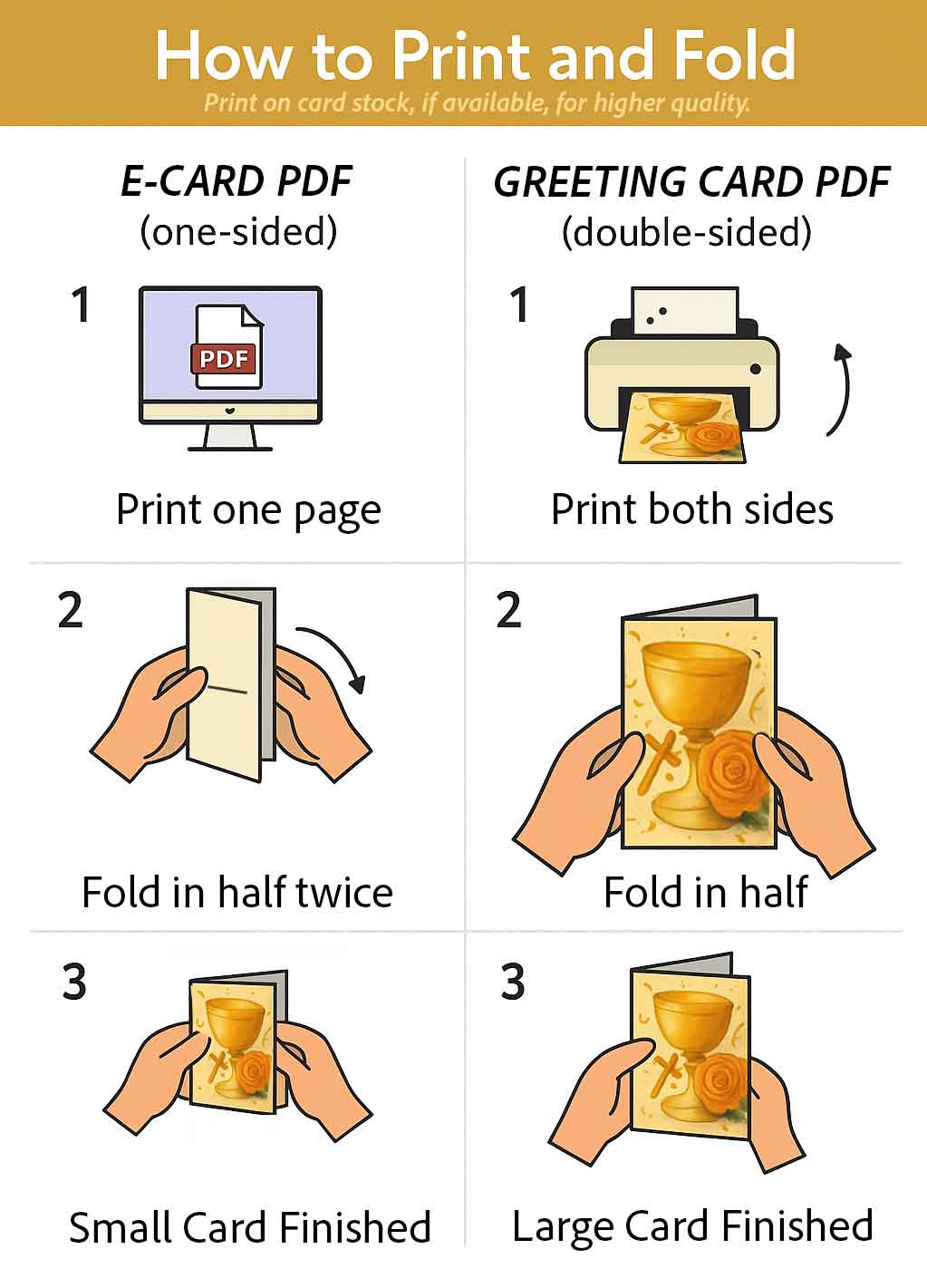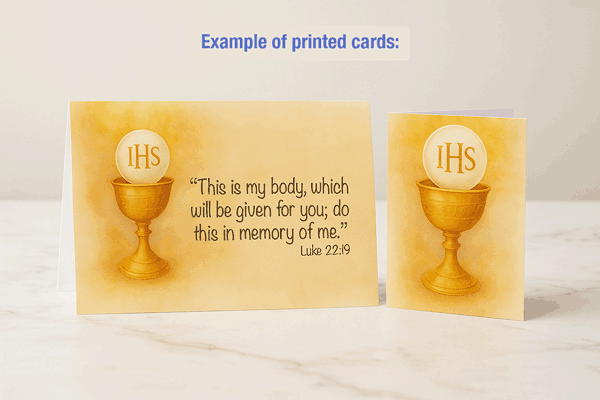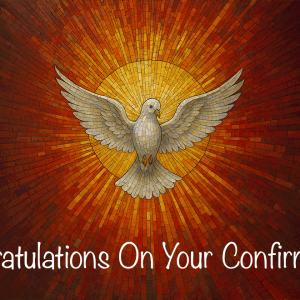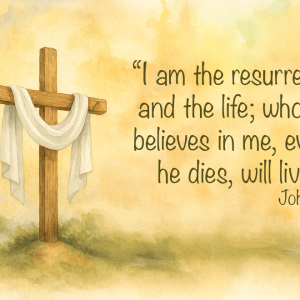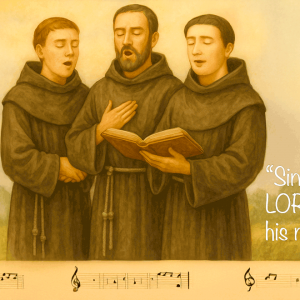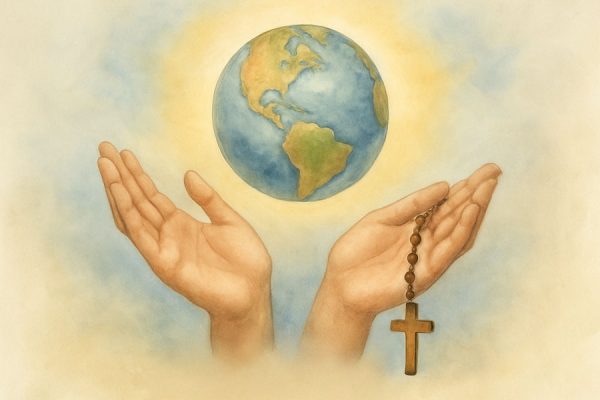Your cart is currently empty!
Category: Church Doctrine
-
Catholic Holy Days of Obligation
The Church invites her children to live according to the rhythm of grace marked by the liturgical year. Each Sunday is a holy day in itself, a day set apart for worship and rest. Alongside these Sundays, the Church names specific feast days as Holy Days of Obligation. On these days, the faithful are called to gather for the Eucharist and to pause from ordinary routines. We give time back to God, recognizing His presence in our lives and allowing His grace to renew us.
These special days highlight central truths of the faith. They recall the Incarnation, the life and glory of Christ, the holiness of Mary, and the communion of the saints. Each feast teaches something essential about salvation and what it means to belong to God. To keep them holy is to remember who we are as His people and what we are called to become.
A Holy Day of Obligation is a feast day on which Catholics are asked to attend Mass. The Church gives this instruction not as a rule but as a gift. The Eucharist is the center of Christian life. By gathering on these days, we remember that faith is not private but shared. We stand together before God in gratitude for the mysteries of our salvation.
In the United States, the Holy Days of Obligation are:
- January 1: Solemnity of Mary, Mother of God – The year begins under the protection of Mary, who is honored as the Mother of God.
- Thursday of the Sixth Week of Easter: Ascension of the Lord – In many dioceses, this feast is celebrated on the following Sunday. We remember Christ’s return to the Father and our call to eternal life.
- August 15: Assumption of the Blessed Virgin Mary – Mary is taken body and soul into heaven, showing us the destiny God desires for all who believe.
- November 1: All Saints’ Day – We give thanks for the holy men and women who now live in God’s presence and intercede for the Church.
- December 8: Immaculate Conception of the Blessed Virgin Mary – This is the patronal feast of the United States. It celebrates Mary’s preservation from original sin by God’s grace.
- December 25: The Nativity of Our Lord Jesus Christ – The birth of our Savior, the Word made flesh, who came to dwell among us.
When January 1, August 15, or November 1 fall on a Saturday or Monday, the bishops of the United States lift the obligation to attend Mass that year. The feasts of the Immaculate Conception and Christmas always remain obligatory, as they are central to our faith.
To keep these days holy, we begin by participating in the Eucharist. This is the heart of every feast. The Church also encourages quiet prayer, reflection on the mystery being celebrated, and acts of charity. When we pray and serve, these days become moments of grace for the world around us.
Each Holy Day of Obligation reminds us that worship and service belong together. At the altar, we meet Christ who gives Himself for us. In daily life, we meet Him again in the poor, the sick, and the forgotten. Acts of charity allow the grace of the Eucharist to bear fruit in love.
At CatholicMasses.org, almsgiving supports Catholic missions that carry this love to those in need. If you are homebound or unable to attend Mass in person, you are invited to join a Virtual Mass online. Offerings made here support schools run by religious sisters, food programs for children, health care for the sick, and the preaching of the Gospel across the world. In this way, every act of participation joins spiritual devotion with real works of mercy, uniting the faithful everywhere in one Body of Christ.
-
Language During Mass
Bible Differences Between Countries and Cultures
Many Catholics have noticed that Mass in Canada sounds slightly different from Mass in the United States. The prayers and readings follow the same rhythm, yet familiar verses can sound a little different. A line from the Psalms may use one word in Canada and another in the United States. These differences often raise a question: Why does the same Mass sound different across borders?
The answer lies in translation. The Liturgy of the Word depends on an approved translation of Scripture, called the lectionary. Each bishops’ conference is responsible for preparing and approving this translation for use in its territory. In English-speaking countries, this means that the Canadian Conference of Catholic Bishops (CCCB) and the United States Conference of Catholic Bishops (USCCB) each oversee their own version, with final approval from the Holy See.
Canada’s lectionary is based on the New Revised Standard Version, Catholic Edition (NRSV-CE). The United States uses the New American Bible, including its updated Revised Edition (NABRE). Both versions were developed with deep respect for Scripture and approved through the same process. While the language may sound slightly different, both proclaim the same Word of God.
The Church has always embraced different languages and expressions of faith. From the first Pentecost, when the Holy Spirit enabled people to hear the Gospel in their own tongue, the Church has known that one truth can be spoken in many voices. The early Christians prayed in Greek, Latin, and other local languages. Today, the Mass continues to reflect that diversity.
English itself varies from place to place. The English spoken in Toronto carries a different rhythm than the English of Chicago or New York. The same happens in Scripture. One translation might read, “The Lord said to his servant,” while another says, “The Lord spoke to his servant.” A psalm verse might say, “Happy are those who trust in the Lord,” while another reads, “Blessed are they who put their trust in the Lord.” The phrasing changes, but the meaning remains the same.
Consider the words of Isaiah. In the American lectionary we hear, “So shall my word be that goes forth from my mouth; it shall not return to me void.” In the Canadian lectionary the same passage reads, “So shall my word be that goes out from my mouth; it shall not return to me empty.” The words “void” and “empty” differ slightly in sound, yet both proclaim the same truth: God’s Word fulfills its purpose and never fails.
The Evolution of the U.S. Lectionary
In the United States, the process of refining the biblical text has unfolded slowly and carefully. The New American Bible (NAB) was first published in 1970. It reflected the Church’s desire, after the Second Vatican Council, to make Scripture accessible in the language people spoke every day. Over time, scholars discovered new ancient manuscripts and learned more about the languages of the Bible. As the English language continued to evolve, the Church revised the text so that it could be understood clearly when proclaimed aloud.
In 2011, the New American Bible, Revised Edition (NABRE) was released. It offered more precise translations and closer attention to the biblical sources. This effort was part of a broader renewal that also touched the language of the Mass itself. That same year, a new English translation of the Roman Missal was introduced.
One example appears in the words before Communion. For many years Catholics said, “Lord, I am not worthy to receive you, but only say the word and I shall be healed.” The revised text now says, “Lord, I am not worthy that you should enter under my roof, but only say the word and my soul shall be healed.” The new wording restores a vivid image from the Gospel (Matthew 8:8), where the centurion humbly tells Jesus that his home is unworthy of His presence. The change connects the prayer at Mass directly to Scripture and deepens its meaning.
The work of translating Scripture is deliberate. The Church values accuracy more than speed. Every translation passes through study, review, and approval by the Vatican’s Dicastery for Divine Worship. This process ensures that the faith expressed in different regions remains one in truth and meaning.
In late 2024, the U.S. bishops approved a new lectionary that harmonizes the readings at Mass with the NABRE. This updated version will help American Catholics hear the Scriptures in clear and faithful language suited for public proclamation.
Unity Through Diversity
Each national bishops’ conference carries the responsibility of preparing a translation that serves its people well. The bishops understand how language and culture shape how Scripture is heard. Rome’s approval confirms that every translation remains faithful to the same apostolic teaching.
An American visiting Canada may notice a few differences in phrasing, yet both countries proclaim the same Word under the same Church authority. Across the world, the Eucharist is celebrated in many languages. The readings in Kenya, Ireland, or the Philippines sound different, yet the message is one.
The Church’s unity does not depend on identical words. It rests on communion in faith, sacraments, and truth. From the early Church to today, Catholics have understood that diversity in language enriches the universal mission of the Gospel. The same Christ is proclaimed, the same altar is shared, and the same faith is professed.
The Church speaks in many tongues but with one heart. Each translation of Scripture reflects the beauty of God’s Word through a different voice. The meaning does not change; it shines in many colors like light through stained glass. Whether the readings are heard in English, French, or Swahili, the Word remains the same: living, faithful, and full of grace.
Bread of Life
We will send a printable card to the recipient’s email with instructions how to print the card at home. Each card has the image to the left with a personal message from you (optional below). Our electronic enrollment cards offer comfort, prayer, and hope through the gift of a spiritual enrollment into our mission society which includes remembering your intentions in community Masses and prayers through our global partners and beneficiaries.
Deliver a prayerful message of hope to a loved one today.
Description
Send a meaningful Mass Card Enrollment directly to a loved one. By enrolling them, you unite their name with the prayers and community Masses offered by our partner religious organizations around the world. This special gift supports Catholic mission work around the world. If you do not know your loved one’s email we suggest you send the card to yourself and deliver it by mail or in person.
Your gift supports the Catholic Church’s international ministries and will be used to sustain clergy and provide vital aid such as: food, clean water, health care, and education for those most in need. Our mission society partners with communities like the Franciscans, Lasallians, Jesuits, and other Catholic organizations world-wide. We don’t ask you for a specific donation; we ask only that you give the most generous amount in your heart today. Every offering is a blessing to those in need who seek Christ’s mercy. May God bless you for supporting our global missions.
-
Attendance at Mass
From the earliest days of the Church, Christians gathered in community to celebrate the Resurrection of the Lord. We call this celebration the Eucharist, or the Mass. “The Sunday celebration of the Lord’s Day and his Eucharist is at the heart of the Church’s life” (CCC 2177). It is the central act of our faith, where we give thanks to God for the gift of salvation. At Mass, we listen to the Word of God, we lift up our prayers, and we receive Jesus Christ in the Blessed Sacrament. The Church teaches that this sacred celebration is the heart of Christian life and that it unites us with Christ and with one another.
Catholics are asked to attend Mass every Sunday and on holy days of obligation. When we gather as a community of believers, we remember who we are and why we are gathered together. God calls us into communion, and the Mass strengthens that communion.
The Church teaches that the Mass is a re-presentation (that is, a making-present again) of the sacrifice of Christ on the Cross. Jesus offered Himself once for all on Calvary (Hebrews 10:10). That sacrifice does not repeat, and it does not need to. But in the Eucharist, the same sacrifice is made present to us sacramentally. Time does not divide it. God allows the one saving act of Christ to reach every generation through the liturgy, and in particular receiving communion.
The Church also teaches with mercy. She knows there are times when a person cannot attend Mass. Illness, frailty, or serious family duties can prevent someone from attending Mass in person. In those moments, it is right to remain at home and to pray. This is not a failure. It is an act of humility and care for others.
The Church encourages those who stay home to read the Scripture readings of the day, to pray quietly, or to unite their hearts to the Eucharist being offered throughout the world. Many people now find comfort in participating through televised or online Masses. During the pandemic, this practice helped many of the faithful remain close to the Church. This website in particular helped bring Mass to thousands of faithful during that time. Watching Mass online cannot fully replace being physically present, yet it can strengthen faith and bring peace to those who cannot attend. The readings, homily, and prayers deliver God’s Word in every home. Those who join online way can make a spiritual communion, asking Jesus to enter their hearts with the same love He gives in the Eucharist.
The Church is one family. When we gather for Mass, we pray for those who cannot be with us. Those who are sick or homebound can offer their daily sufferings, their hopes, and their prayers for others. Through this exchange of love, the whole Body of Christ remains united.
The grace we receive in the Eucharist should overflow into our daily lives. Every act of kindness, every prayer for someone in need, every small gift of charity carries that grace into the world. Through CatholicMasses.org, the faithful can extend the spirit of the Mass by supporting missions that feed the hungry, educate children, and care for the poor. In this way, even those who watch from home take part in the living mission of the Church.
Saint Thomas Aquinas taught that charity is the crown of all virtues. It gives meaning to everything we do. When we love with sincerity, when we pray with faith, and when we serve others, we live the mystery of the Eucharist. Whether we are in the church pews or in our homes, Christ calls us into the same communion of love.
General Donation
Your tax-deductible donation today will support our Catholic Mission Society and global outreach to the poor. Thank you for being generous to those in need. May God bless you for your kindness.
